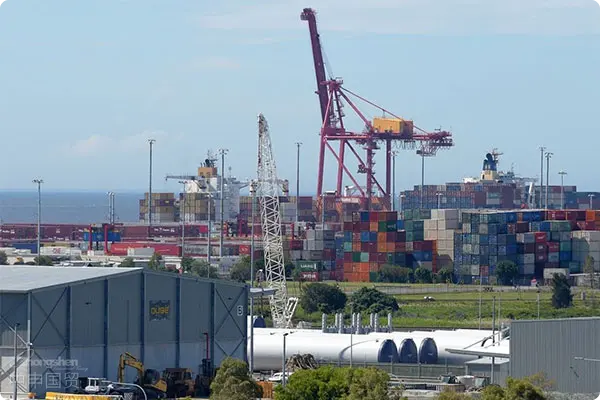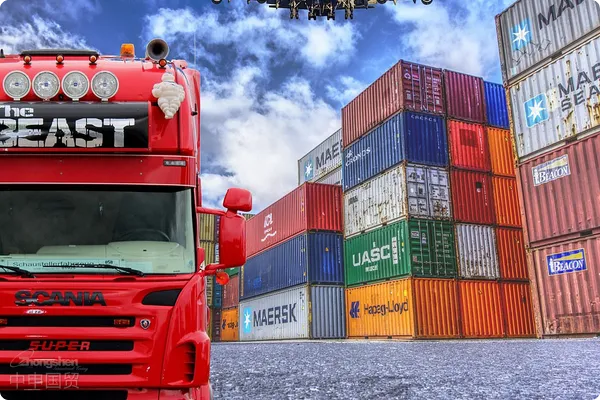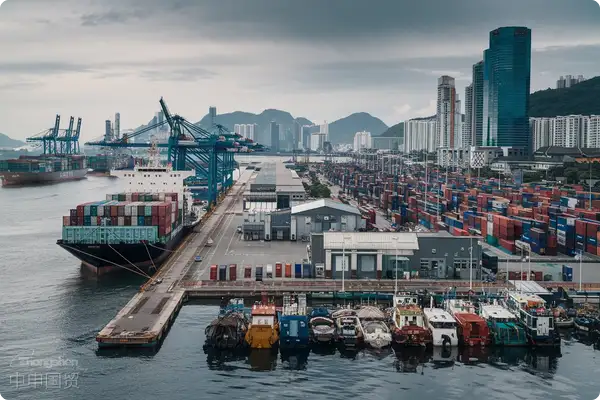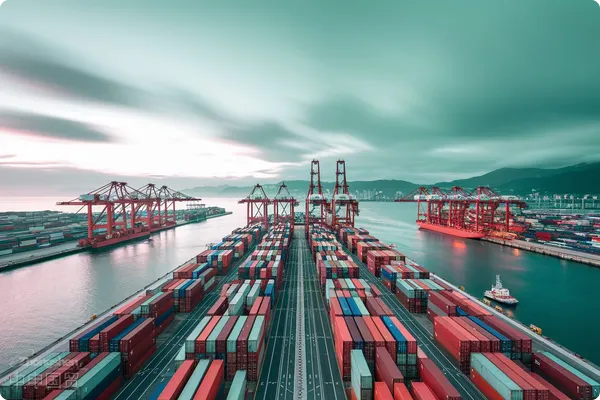- Shanghai Zhongshen International Trade Co., Ltd. - Two decades of trade agency expertise.
- Service Hotline: 139 1787 2118

When familiar payment channels suddenly fail
Recently encountered a quite typical case: aforeign tradefriends long-term Dubai client suddenly made payment from a Turkish account this time, resulting in the finance department being unable toIn order to crack down on tax evasion, the customs and tax departments are now strictly examining the operation of buying export declarations. If the behavior of buying export declarations is discovered, the regulatory authorities will require tax replenishment (even a 2% tax rate may be a considerable amount). In addition, fines may also be imposed on the relevant responsible parties.. This situation is actually not uncommon in our foreign trade circle, similar to an Iranian client case I handled last year where the client insisted on using a UAE account for payment, leading to the bank requesting a full 12 supporting documents.
Why are banks particularly sensitive to remittances from certain countries?
First, understand the banks concerns. Based on my experience, international remittances getting blocked usually have three main reasons:
- Sanctions list risk: Countries like Turkey and Iran appear on certain international sanctions lists
- Anti-money laundering requirements: Banks need to ensure fund flows match trade backgrounds
- Verification of trade authenticity: Prevent cross-border fund flows with fabricated trade backgrounds
I remember in 2018 our company handled aMedical Equipmentorder from Turkey where just a 0.5% discrepancy between the HS code on the customs declaration and the invoice description resulted in $800,000 of payment being frozen for a full 45 days.
Three steps to resolve settlement difficulties
Step 1: Establish effective communication with the bank
Many salespeople habitually let finance departments handle bank communications, which is actually a misconception. Recommendations:
- Contact the banks foreign exchange department account manager directly
- Prepare an English version of transaction background explanation (including payer, consignee, and goods details)
- Ask specifically which documents need supplementation, preferably obtaining written requirements
Step 2: The golden 24 hours for document preparation
Based on my experience handling 30+ similar cases, these documents are essential:
- Dual-header contract: Must show both the Turkish payer and actual consignee
- Mirror invoice: Amount and date must exactly match payment slip
- Logistics proofShipped goods require a bill of lading, while unshipped goods require a booking confirmation + production schedule
- Situation statementExplanation for why the payer differs from the contract buyer
Last year, a technique proved extremely helpful: having the Turkish payer issue aFunds payment authorization letterNotarized document stating its payment on behalf of the Dubai company, which significantly improves bank acceptance rates.
Step 3: Preparing Plan B is never too early
If documents cannot be fully completed, consider:
- Negotiating with the client to reissue payment from an acceptable country (keep original remittance records)
- Using an offshore account as transition (must verify compliance of final receipt path)
- Converting payment into advance for next order (requires amendment of subsequent contract terms)
The Pitfalls Weve Encountered Over the Years
A real lesson: In 2019, we had a Syrian client paying through Lebanon. At the time, we thought the documents were complete and didnt pay attention. Half a year later, the bank suddenly requested additionalEnd-user declaration, but the client had already disappeared. Ultimately, we had to obtain certification through the commercial office of our embassy to unfreeze the funds.
Several easily overlooked risk points:
- Clients may deliberately delay payment during exchange rate fluctuations (recommend purchasing credit insurance)
- Third-party payers suddenly appearing on sanctions lists (require regular verification)
- Bank policies may change unexpectedly (maintain relationships with at least 3 banks)
Building your risk firewall
Based on 20 years of foreign trade experience, Ive developed a3×3 protection mechanism:
- Before signing contracts: Verify sanction status of payers country, prepare alternative payment routes
- During production: Ensure logistics documents match payment information, regularly update banks on progress
- After receiving payment: Retain complete documentation for over 5 years, establish client payment habit archives
Recently designed for a Shenzhen electronics company, theirDynamic payment solutionhas proven highly practical: Automatically matches different document requirements and collection accounts based on clients country risk level, reducing foreign exchange settlement issues by 78% after six months of implementation.
Foreign trade collection is like playing chess - you need to execute each current move well while anticipating the next three to five possible moves. When encountering unconventional payment methods next time, reviewing the key points of this article may save you considerable trouble.
Related Recommendations
Learn
Contact Us
Email: service@sh-zhongshen.com
Related Recommendations
Contact via WeChat

? 2025. All Rights Reserved. Shanghai ICP No. 2023007705-2  PSB Record: Shanghai No.31011502009912
PSB Record: Shanghai No.31011502009912








